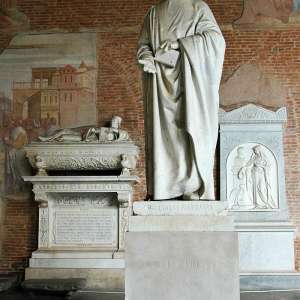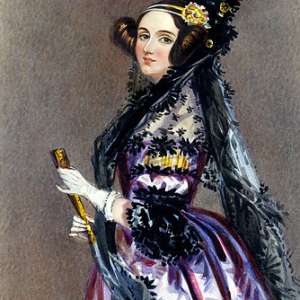
More than 300 years ago, in a fertile period from 1684 to 1689, Jacob Bernoulli worked out a strategy for applying the mathematics of games of chance to the domain of probability. That strategy came into public view in August 1705, eight years after Jacob's death at the age of 50, when his masterpiece, Ars Conjectandi, was published. Unfortunately, the message of Ars Conjectandi was not fully absorbed at the time of its publication, and it has been obscured by various intellectual fashions during the past 300 years.
The theme of this article is that Jacob's contributions to the philosophy of probability are still fresh in many ways. After 300 years, we still have something to learn from his way of seeing the problems and from his approach to solving them. And the fog that obscured his ideas is clearing. Our intellectual situation today may permit us a deeper appreciation of Jacob's message than any of our predecessors were able to achieve.
I will pursue this theme chronologically. First, I will review Jacob's problem situation and how he dealt with it. Second I will look at the changing obstacles to the reception of his message over the last three centuries. Finally, I will make a case for paying more attention today.










































